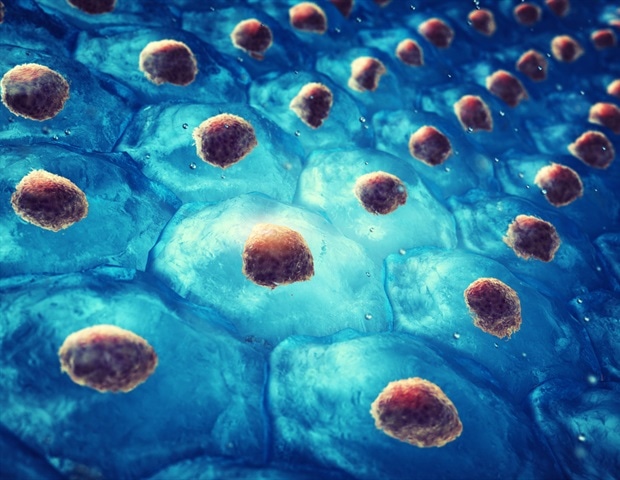A novel drug holds promise for treating Duchenne muscular dystrophy (DMD), a rare genetic disorder that causes severe muscle degeneration.
McGill University researchers have discovered that an experimental compound called K884 can boost the natural repair abilities of muscle stem cells. Current treatments can slow muscle damage, but don’t address the root problem.
DMD affects about one in 5,000 boys worldwide, often leading to wheelchair dependence by the teenage years and life-threatening complications in early adulthood.
By strengthening muscle repair rather than just slowing degeneration, therapies that stimulate muscle stem cell function have the potential to improve quality of life for DMD patients. It may help restore muscle function and, ultimately, offer greater independence.”
Natasha Chang, Senior Author, Assistant Professor in McGill’s Department of Biochemistry
Building stronger muscles from stem cells
Biotechnology company Kanyr Pharma originally developed the drug for cancer and metabolic diseases, but it has not yet been approved for any specific use. This preclinical study marks the first time the drug has been tested in DMD cells.
The researchers put DMD-affected muscle stem cells from humans and mice under the microscope to see how they responded to the drug. They observed that experimental drug blocks specific enzymes, allowing muscle stem cells to develop into functional muscle tissue.
“What makes K884 particularly promising is its precision. It targets DMD-affected cells without affecting healthy muscle stem cells,” said Chang.
Unlike gene therapy, which targets specific genetic mutations and isn’t suitable for all patients, K884 works at the cellular level, restoring muscle repair regardless of the mutation causing the disease. This makes it a potential treatment option for all DMD patients, she added.
A new understanding of DMD
The findings, published in Life Science Alliance, add to a growing body of evidence that challenges previous assumptions about DMD’s root cause.
“This disease has historically been seen as a muscle problem caused by a missing protein called dystrophin,” said Chang. “But new research, including our own, shows that restoring stem cell function is just as critical for repairing muscle.”
The team plans to keep testing the drug, focusing on its safety and long-term effects, while also exploring other related compounds, some of which are already involved in early human trials.
This study was supported by the Stem Cell Network, Defeat Duchenne Canada, the Canadian Institutes of Health Research (CIHR), the Richard and Edith Strauss Canada Foundation and the Aclon Foundation.
Source:
Journal reference:
Liu, Y., et al. (2024). PTPN1/2 inhibition promotes muscle stem cell differentiation in Duchenne muscular dystrophy. Life Science Alliance. doi.org/10.26508/lsa.202402831.
Source link : News-Medica

